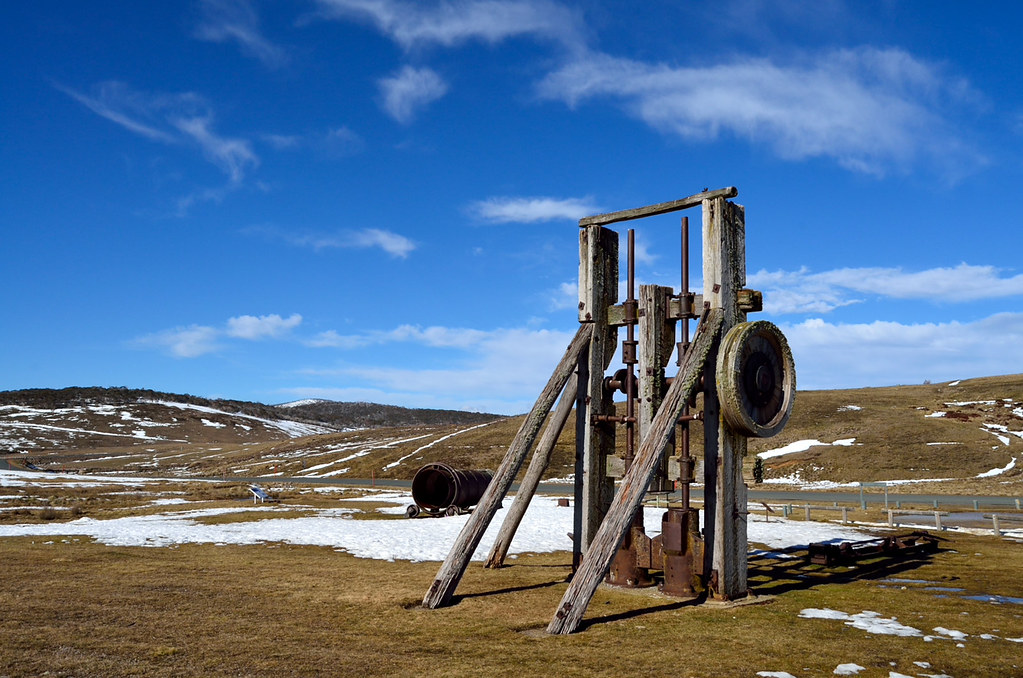TOC reported back in May this year about Abu Sama (Asmad Kadir), a Bangladeshi labor, who was physically abused by his employer in Singapore.
Asmad Kadir, 28, has been working with Ocean Marine Engineering in Singapore since 2007. In February this year, he asked for the five months’ worth of salary owed to him to be paid.
On 13 April, in a salary dispute mediation session overseen by MOM between Asmad and his employer, it was agreed that Asmad’s employer would pay him half of the salary owed and the other half “upon repatriation”, as stated in the agreement. However, till date, Asmad said he has been paid only S$300 out of the S$2,100 he is owed.
Asmad Kadir asked to meet with his employer at the Ministry of Manpower building on 14 May. His employer had wanted to meet with him at his (the employer’s) office. However, having been assaulted previously at the office (see story below), Asmad asked for the meeting to be held at MOM instead.
An hour of negotiation ensued which lasted till 6pm, when the MOM building was to be closed. Asmad then had no choice but to go out and meet with Ganesh. There, Ganesh and another man, Biji, insisted that Asmad signed the receipt for the money first before they paid him. Asmad told them he would not and that he will only sign after he has received the money. They got into a heated argument. The two men then seemed to relent and asked that they proceeded to a side street where Asmad will be issued a receipt. “I feared for my safety,” Asmad said, “but I still went to the location with them.”
When they arrived at the new location, Ganesh and Biji tried to force Asmad into a microvan by manhandling him. In the scuffle, Ganesh punched him, causing his lips to bleed. Biji grabbed the right side of his face. In the struggle, Asmad’s shirt was torn and he managed to free himself and fled. “This is not the first time Ganesh has assaulted me,” Asmad said in the police report he lodged against his employer’s brother.
Now there is an update from TOC:
Those of you who’ve watched Migrant Dreams might remember Abu Sama. He’s the little guy who ran away from his company after being slapped on the ear by his supervisor. The wound – a perforation in his eardrum – took months to heal.
We wondered then how he would survive the ordeal. We thought he might sink into depression. But Abu Sama surprised us all. When the Ministry of Manpower told him that he was going to be sent home, he demanded to be paid before leaving for the airport. And when his angry bosses tried to drag him into their van, Abu Sama put up a struggle, escaped, and insisted on making a police report. A volunteer told us how he managed to wiggle out of his too-big t-shirt and run away. The image made us laugh. But Abu Sama didn’t find it funny at all – despite being homesick and short on cash, he decided to stay on in Singapore to pursue his case. It was, to him, a question of justice.
A few days ago, we received word that the police were letting Abu Sama’s bosses off with a warning. A warning. So apparently, it is OK for a person to rip a hole in another person’s eardrum. It is also OK for thugs to drive up next to you, and try and drag you into their car. A warning. That’s like a few words on a piece of paper. Gee, that’s really going to stop those guys from hurting other people.
He had pressed on, believing in Singapore’s justice system. Good god we’ve failed him.


























